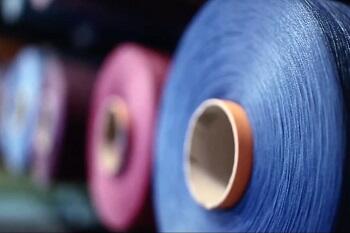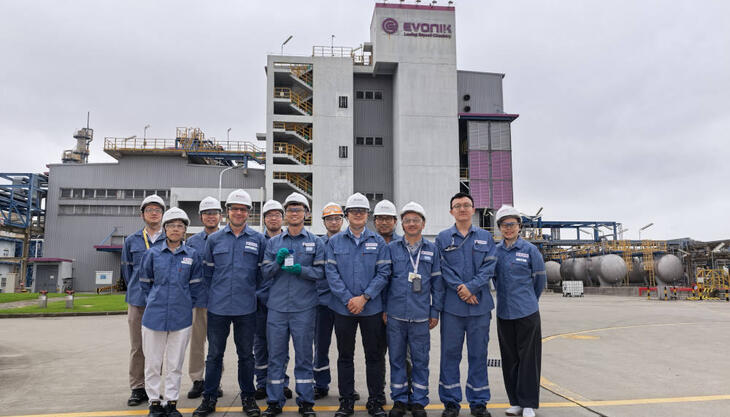Genomatica to scale bio-PA 50-fold with Aquafil to meet surging brand demand

Clean manufacturing leader Genomatica signed a first-of-its-kind deal with Aquafil to build a demonstration scale facility to produce the largest quantity of 100% renewable PA 6 ever available. Responding to surging consumer interest in sustainable products, the material will go to leading global brands eager to explore and develop renewable products, create showcase goods and test feedback with customers. The deal is a 50-fold expansion over previous production levels and represents significant acceleration toward commercializing renewably-sourced PA 6 - a material that is poised to reshape a 960 billion dollars textile industry that touches millions of lives every day, from the carpet we walk on to the clothes we wear.
This multi-year agreement provides the foundation for a more sustainable nylon value chain by expanding a longstanding Genomatica partnership with major European PA producer Aquafil. The two companies teamed up in January 2020 to produce the world’s first ton of bio-nylon-6 precursor at pilot scale. Relying on their expertise in scaling up renewably-sourced chemicals, Genomatica and Aquafil are moving directly to a larger-than-typical demonstration scale to support initial commercial applications by committed brand partners. The first production runs are slated to create 50 tons of bio-PA for pre-commercial use by Genomatica’s brand partners, with the demonstration plant to continue supporting product needs until commercial scale plants are in operation.
Genomatica and Aquafil will work together to implement and refine their respective technology contributions through this demonstration program and create large quantities of bio-PA. Aquafil will build and operate the downstream operations of this large-scale demonstration plant at its facility in Slovenia, where it will convert Genomatica’s bio-based precursor to commercial-quality bio-PA 6 yarns, films and engineered plastics. The produced material will be used to develop renewably-sourced products, replacing traditional nylon that generates upwards of 60 million tons of greenhouse gas emissions annually. Under this agreement, initial volumes of bio-nylon ingredients will be available in the latter half of 2021.


















